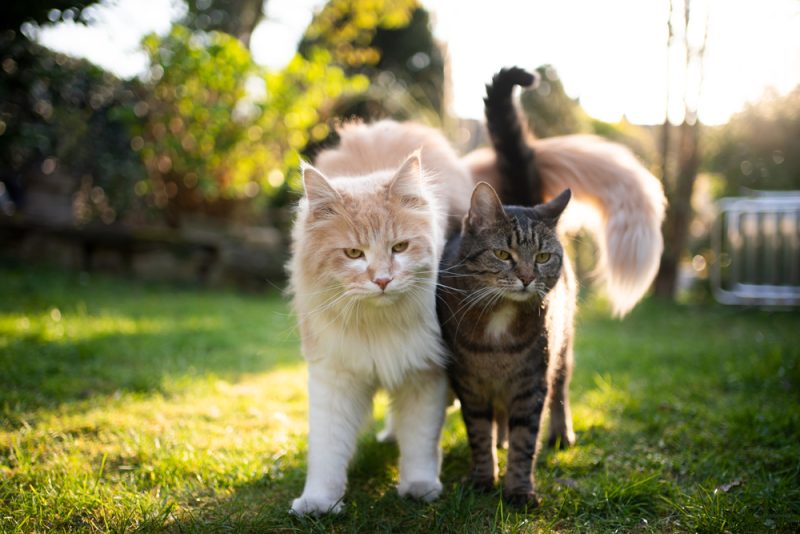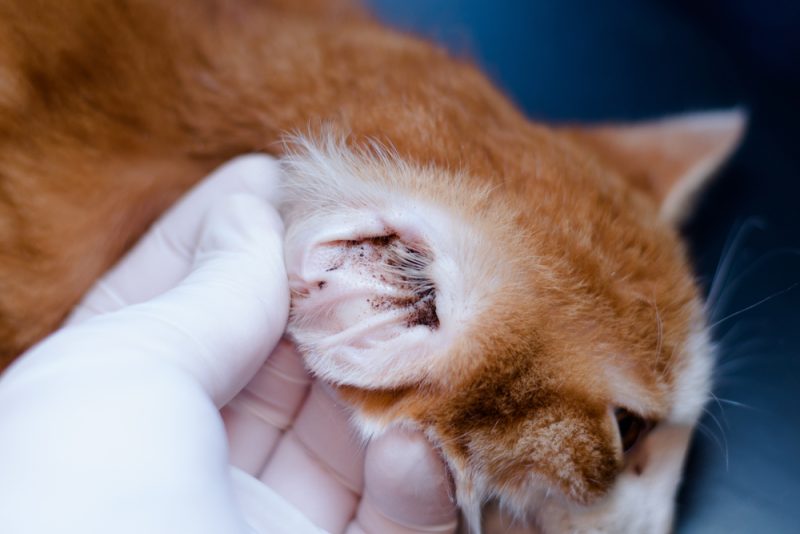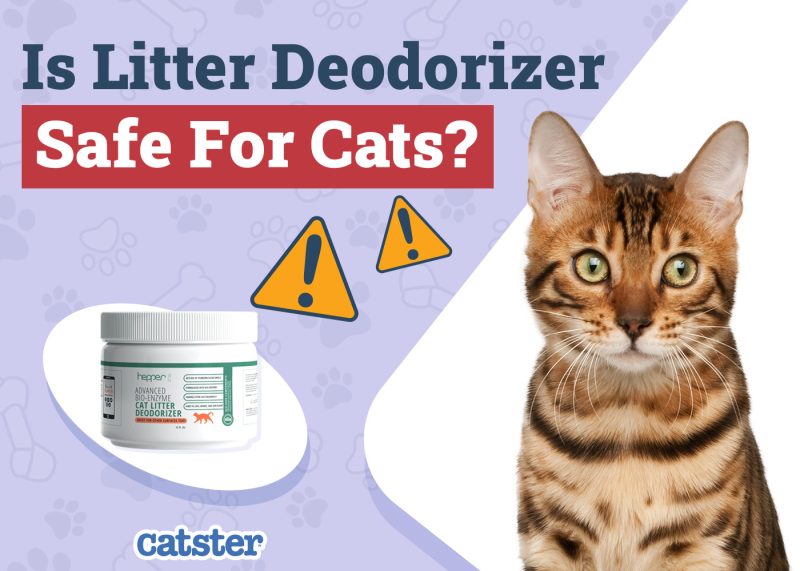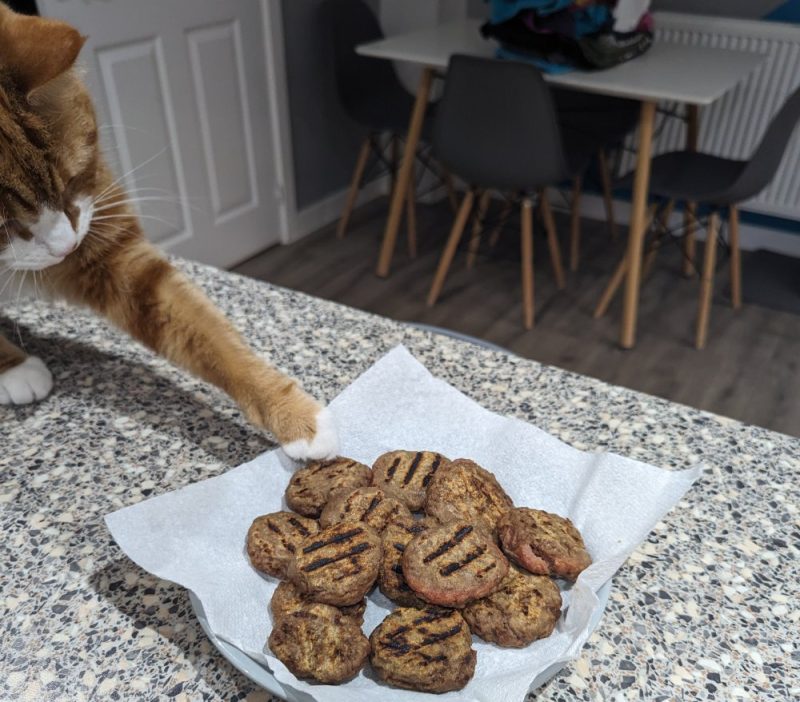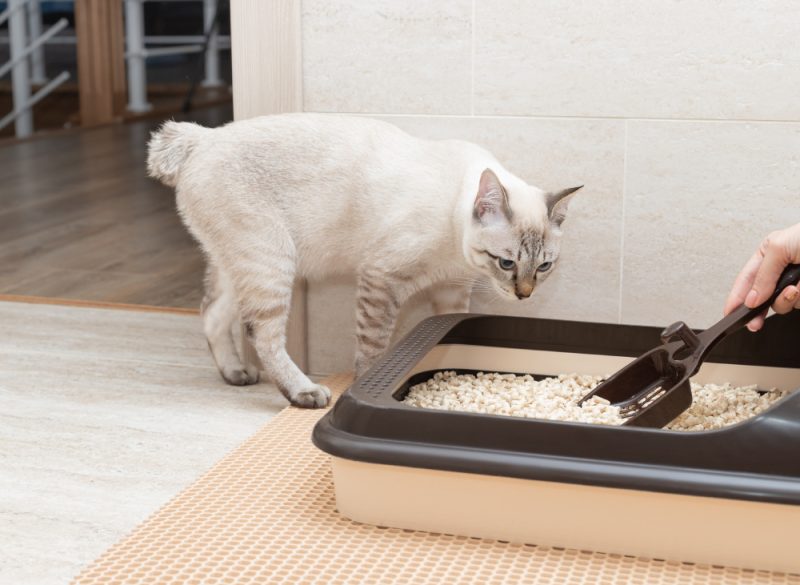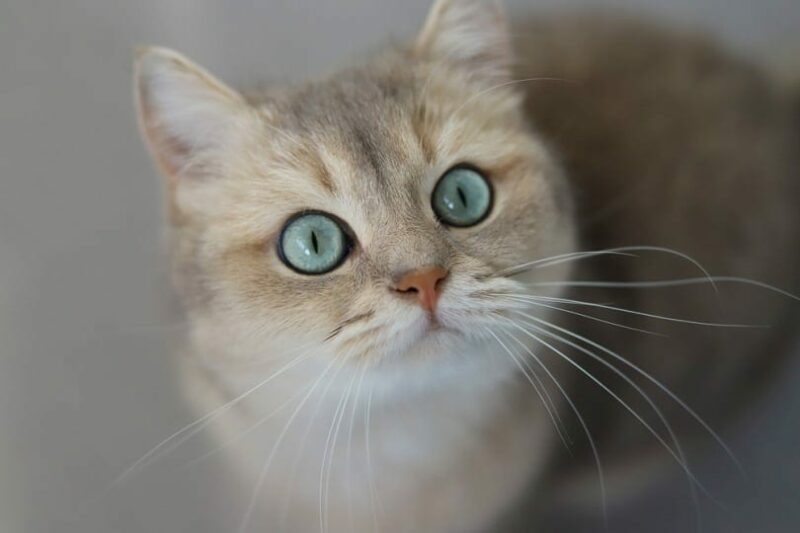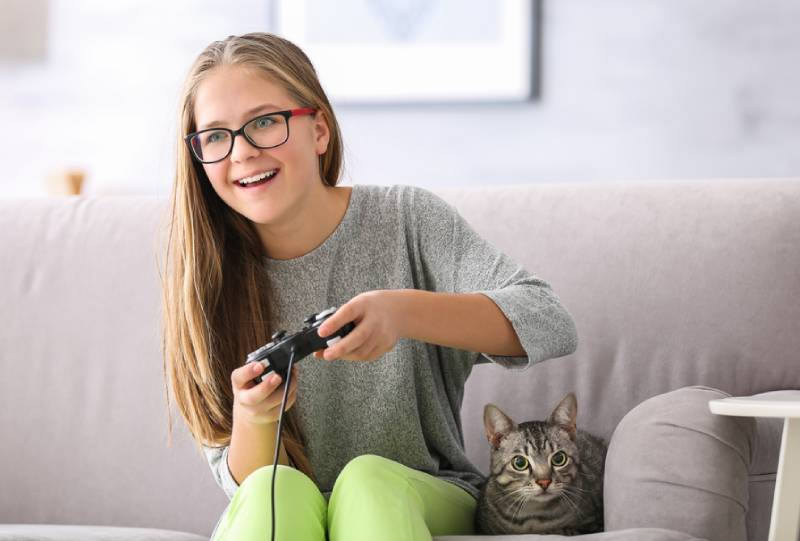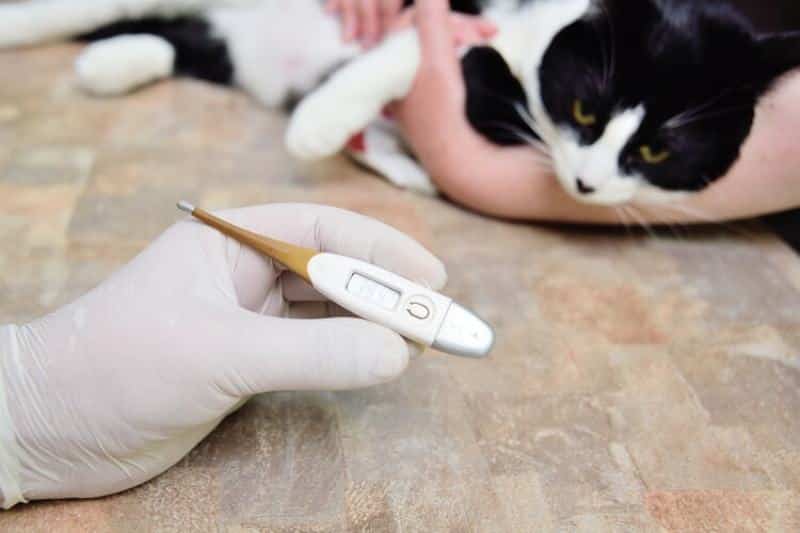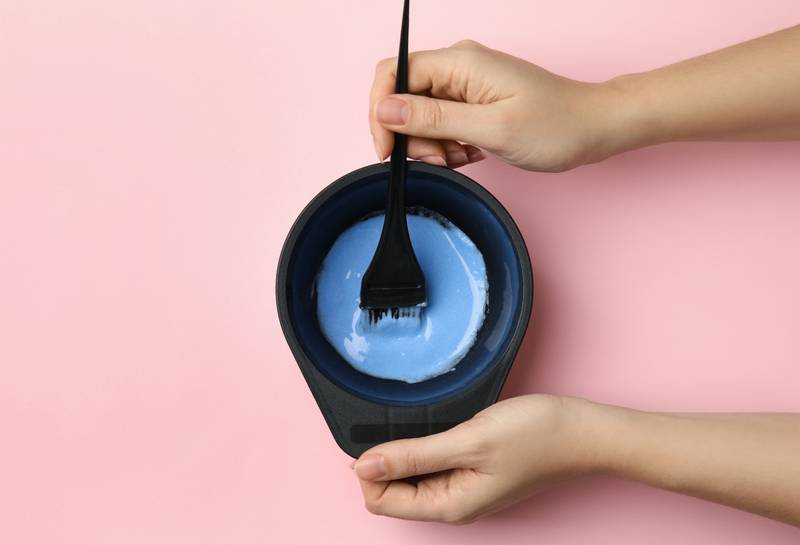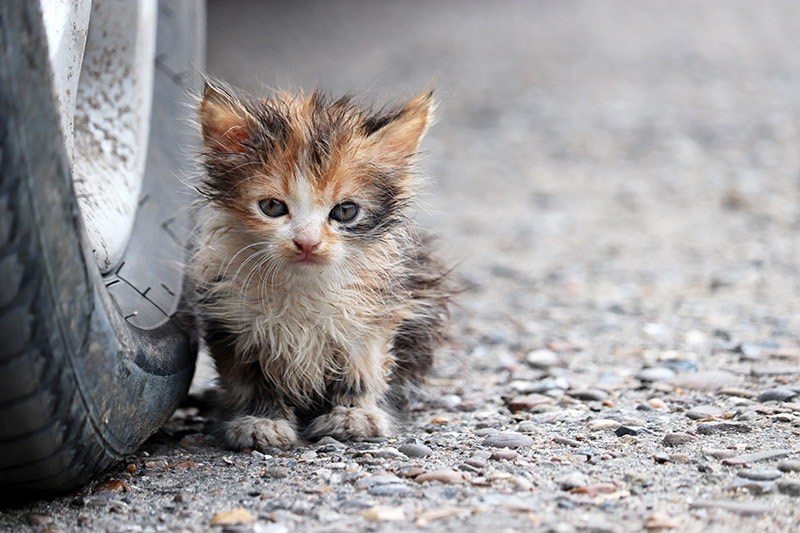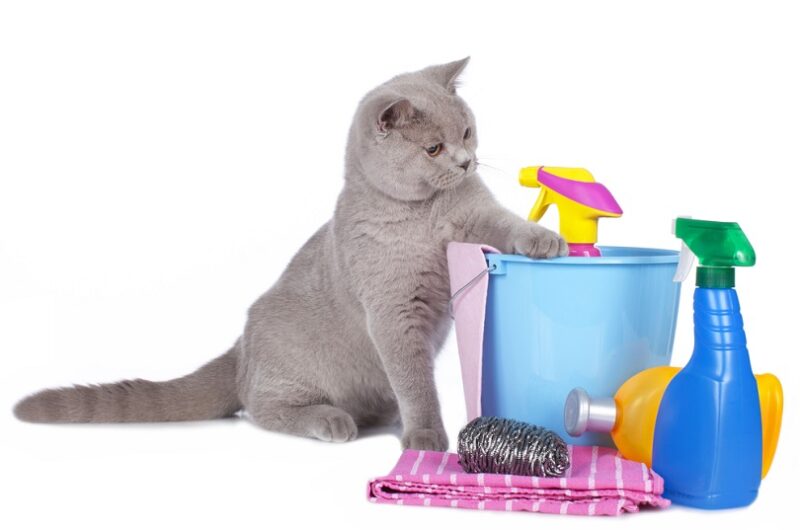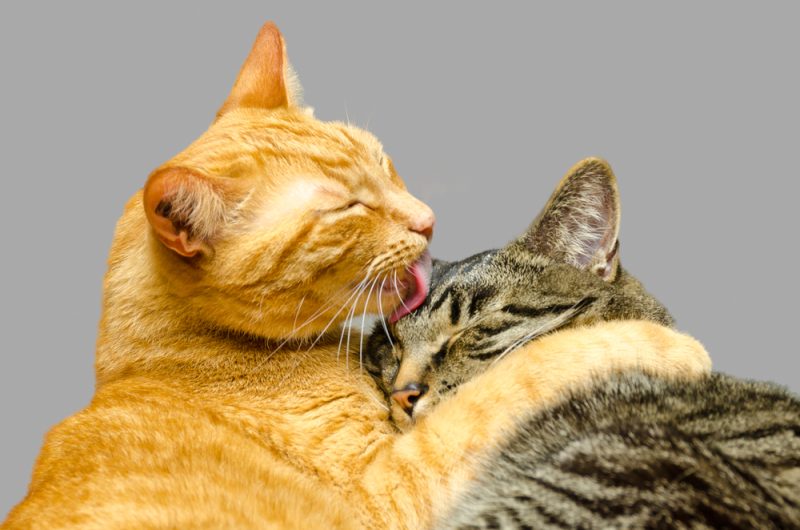In this article
View 3 More +Kidney disease is one of the most common causes of illness and death in cats, with almost 80% of cats over 15 years experiencing some form of renal insufficiency. Although it is usually associated with older felines, younger cats—through congenital defects, toxins, urinary problems, kidney stones, or other factors—can also find themselves suffering from renal failure. Although the condition is not reversible, many cats respond well to a combination of supportive treatment, medication, and diet management.
As we know, when humans are suffering from renal failure, extreme measures like renal dialysis and kidney transplants are inevitably the only thing to keep us alive. Renal dialysis is possible though uncommon in feline patients however, this article will focus on transplants. Can cats get kidney transplants?
Cats can get kidney transplants, but there is a lot to consider in terms of the financial cost, ethics, and expected outcomes of such a major procedure. Let’s take a closer look at why and how a cat may undergo a kidney transplant, taking time to consider the physical, practical, and ethical implications involved.

Cats and Kidneys
You may already be aware that cats are more prone to developing renal failure than dogs, and there are several likely reasons for this being the case. Let’s start by answering these questions: How many kidneys does a cat have, and how do they work? A cat’s two kidneys are responsible for filtering toxic by-products of the metabolic process, maintaining electrolyte balance and hydration status, as well as playing an important role in the production of red blood cells.
Renal disease can occur suddenly, as the result of a toxin, urine problem (e.g., urethral obstruction), infection, or dehydration. This is referred to as acute renal disease or failure. Chronic renal failure, as the name suggests, is a gradual process, usually affecting cats over 12 years old.
So, why are cats so susceptible to renal disease?
Most animal species, including humans, can function normally with up to 75% of their kidney function impaired, which is why it is possible to live a perfectly normal life with only one kidney; it’s just a shame our other organs don’t have a spare!
While this is also true for cats, they are born with a lower number of nephrons, the filtering unit of the kidney, than other species like dogs and humans, essentially giving them a lower threshold to reach 75% damage.
Another factor is diet. Being obligate carnivores, cats consume high levels of protein and phosphorus, and some theorize that these ingredients place more pressure on the renal filtration system. Coupled with the fact that cats also lack certain digestive enzymes that make them more susceptible to the toxic effects of certain foods and drugs, cats are really at a disadvantage when it comes to their kidneys.
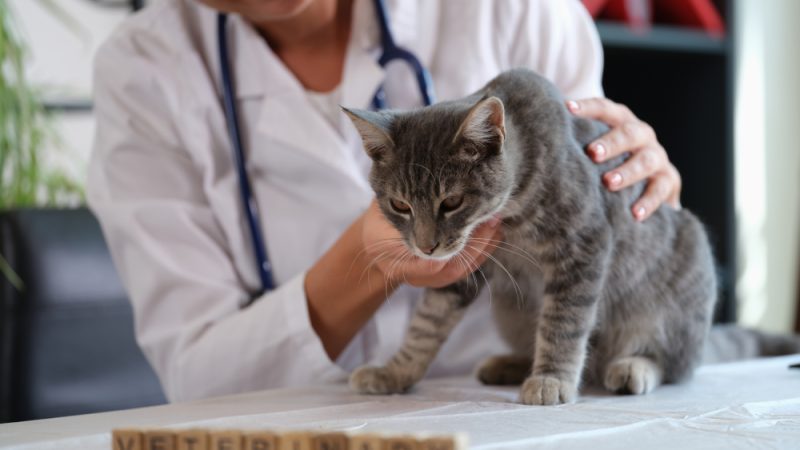
Can Cats Get Kidney Transplants?
Cats can receive a kidney transplant; however, it is not a common surgery, and in fact, there are only a handful of places in the world where it is performed, three of which are in the United States: PennVet Philadelphia, University of Wisconsin, and University of Georgia. The surgery was previously available in Australia but is no longer performed by any vets there, and no veterinary surgeons are doing the surgery in the UK.
Although cats are typically able to receive the kidney from another cat based on shared blood type alone, the ready availability of donors is not the only factor that determines how often this surgery is performed. This limited availability is due to several factors.
The Surgeons
Kidney transplants require a level of technical skill and expertise that requires years of additional training to be able to perform the near-microscopic vascular surgery required. Additionally, a transplant needs to have two coordinating surgical teams: one for the recipient and one for the donor.
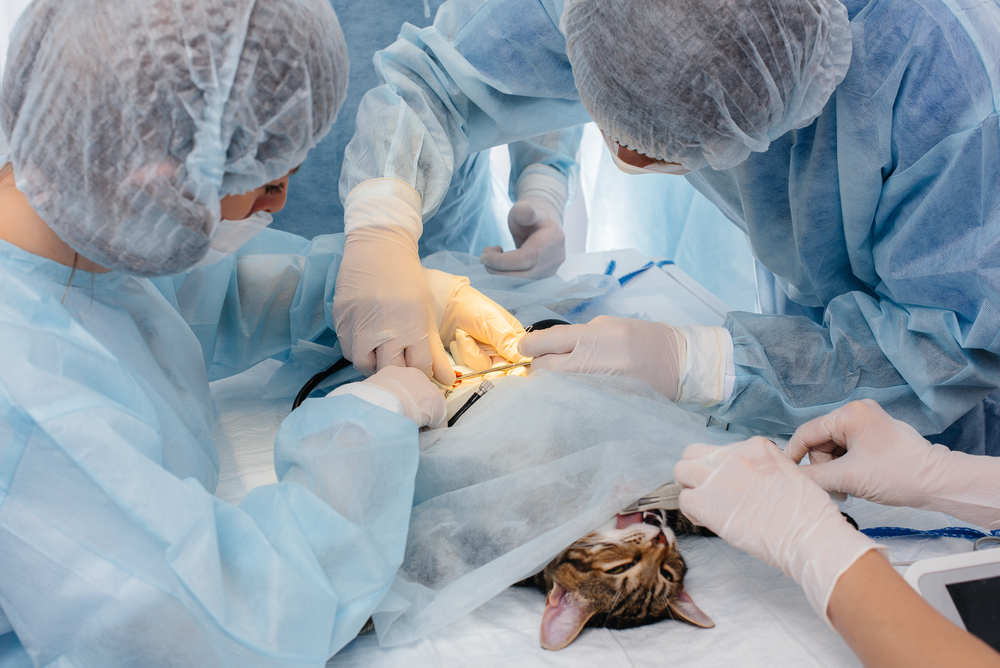
The Cost
The cat kidney transplant cost is another big factor to consider. A kidney transplant will set you back around $15,000 to $30,000, provided there are no significant complications. Beyond this, you will need approximately $100 to $150 per month for medications and blood tests for the rest of the life of your cat.
The Outcome
Around 90% of kidney transplant recipients do well after surgery, with 60% to 70% still alive 12 months post-op. A kidney transplant is not a cure but a way to improve the quality of life of the recipient. The average life expectancy for most cats is 2 to 3 years after the surgery, although there have been a couple of amazing cats that were still alive 13 years later!
The Ethics
This is arguably the most important factor to consider here, and it applies to both the donor and the recipient.
The Recipient
A kidney transplant is a huge operation with a significant recovery time. Additionally, the recipient cat will be on immunosuppressive medications for the rest of their life and require regular blood tests and monitoring.
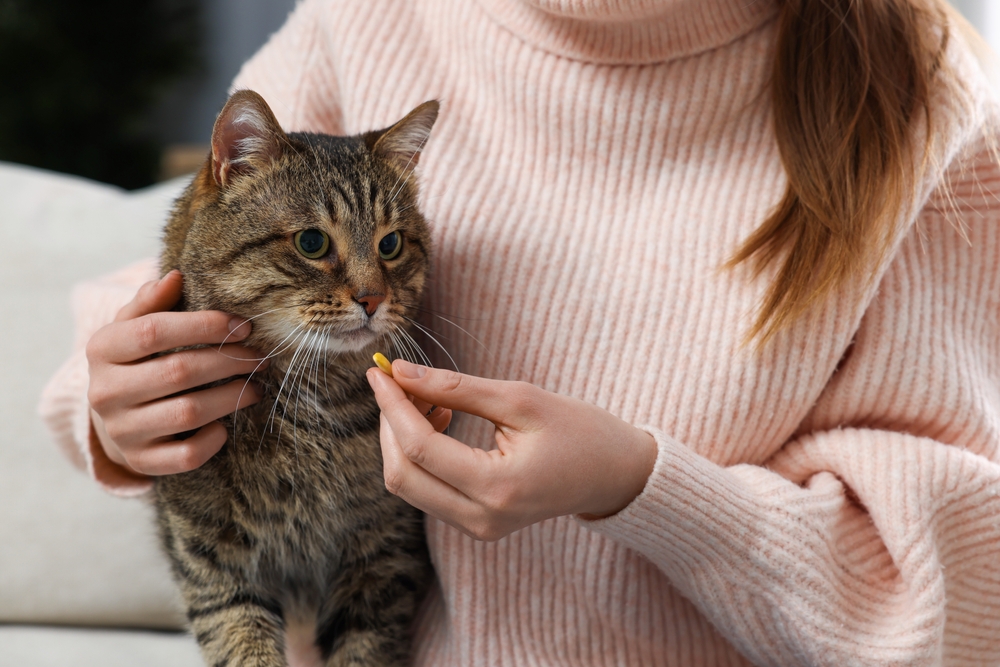
The Donor
The first issue to address is that the term “donor” is not accurate; a cat cannot give consent and therefore is unable to “donate” anything. Removing the kidney from a cat is a major operation, and although most survive well postoperatively, there is an inherent risk in removing 50% of any cat’s renal function. Provided the remaining kidney is healthy and functioning well, they should have a normal life expectancy but will be more vulnerable to future renal problems.
One potential benefit for the donor cat, however, is that in most cases, the cat is from a population of young, healthy cats in need of homes. One condition of all feline kidney transplant surgeries is that you adopt the donor cat, regardless of the outcome of the transplant, unless you are using one of your own cats as the donor. In this way, there is a positive outcome for a cat in need of a home, as well as the recipient of the kidney.

What’s the Verdict? The Pros and Cons of Feline Kidney Transplant
In the end, the decision to explore the option of a kidney transplant is yours to make, but it is not one to make lightly. It may be the best option to give your cat the chance to experience a better quality of life, but there are significant costs—both financial and ethical—involved in this procedure.
- Improved quality of life for the recipient
- Potential extension of lifespan
- Donor cat given a home
- Very expensive
- Limited availability
- Ethical concerns for both cats
- Does not usually significantly extend life expectancy
- Recipient on medication for rest of their life
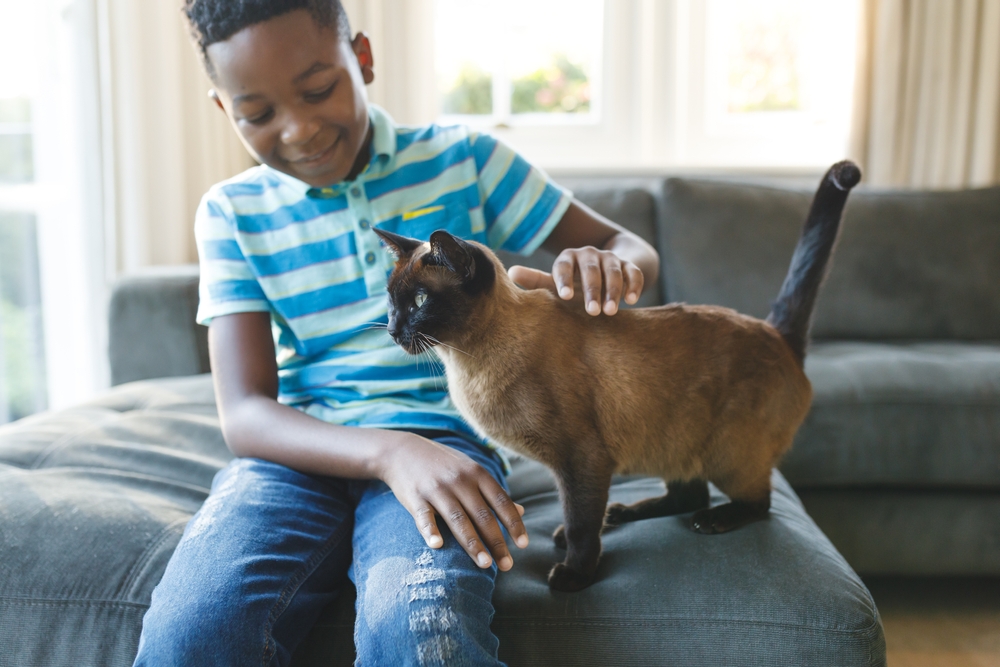
How Can I Help Keep My Cat’s Kidneys Healthy?
Although some cats may have a genetic or congenital component that leads them to develop renal disease, there are several things you can do to support your cat’s renal function.
- Water: Hydration is the number one most important factor when it comes to the health of kidneys. Ensuring that your cat always has a ready supply of fresh, clean water is essential, even if you don’t see them drinking often. You can encourage your cat to drink more water by trying different water bowl materials or investing in a drinking fountain.
- Moisture: Studies have shown that most cats on a completely dry food diet do not drink enough water to fully compensate for the lack of moisture in their food. Therefore, we encourage cat owners to provide wet food as at least part of their cat’s diet, if not all.
- Diet: Providing your cat with a high-quality diet that meets their nutritional requirements, without unnecessary ingredients and additives, means less work for their kidneys.
- Toxins: Be on the lookout for any potentially harmful items in and around your home, including toxic plants, medications, cleaning materials, and pesticides. You would be surprised what your cat can get into. The saying “curiosity killed the cat” is unfortunately very true.
- Breed: Certain breeds, including Persian, Abyssinian, Siamese, Ragdoll, Burmese, Russian Blue, and Maine Coon have a higher incidence of renal disease, so if you have one of these beautiful cats, be extra vigilant, and once they are over 7 years old, have your vet run blood tests every 6 to 12 months to check their renal function.
If you are looking into adopting a kitten of these breeds, make sure the breeder can provide you with a health history and genetic test results for kidney disease.
Ensuring that your cat drinks enough water can be challenging, but with a little creativity and the right fountain, it can be achieved. Hepper's Stainless Steel Cat Water Fountain is a great product that will motivate your cat to stay hydrated by providing fresh, flowing water. This model is easy to clean and offers excellent triple filtration, multiple flow modes, and a large capacity, making it an excellent choice for your furry friend.
At Catster, we’ve admired Hepper for many years and decided to take a controlling ownership interest so that we could benefit from the outstanding designs of this cool cat company!

Final Thoughts
When our cats are suffering and unwell, we obviously want to do everything we can to help them, and when it’s their kidneys causing the problem, it’s reasonable to wonder if a kidney transplant is a possible solution.
Kidney transplants are performed in cats, but in very few places and with a very high price tag that reflects the amount of additional training, equipment, staffing, and intensive care required for such a procedure. It is important to be aware of the expected outcomes for your cat, including daily medication and regular blood tests.
There is a huge ethical dilemma regarding the inability of the donor cat to consent to this major operation, but is this offset by giving them a new home? In the end, it is for you to decide.
Featured Image Credit: Nils Jacobi, Shutterstock
